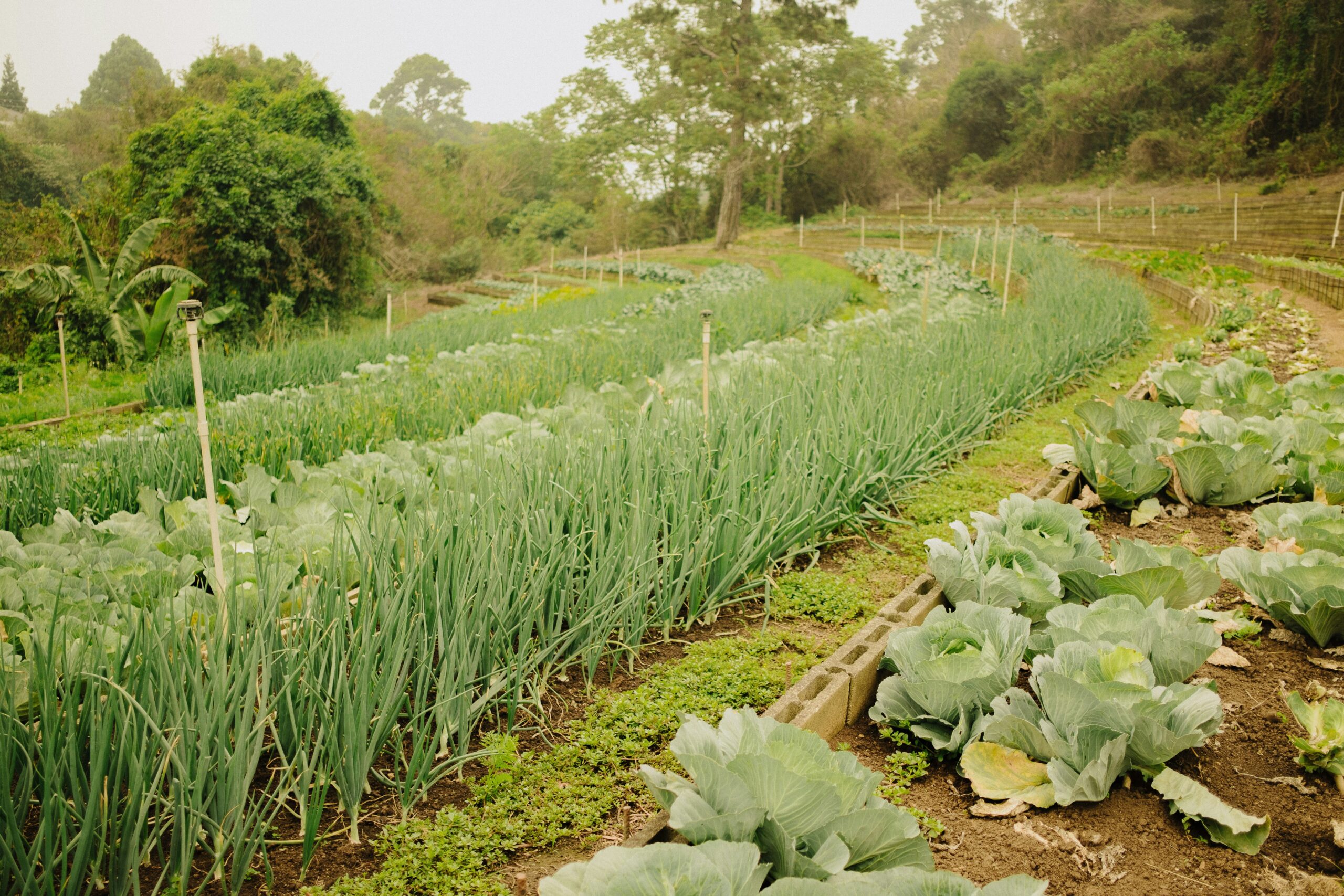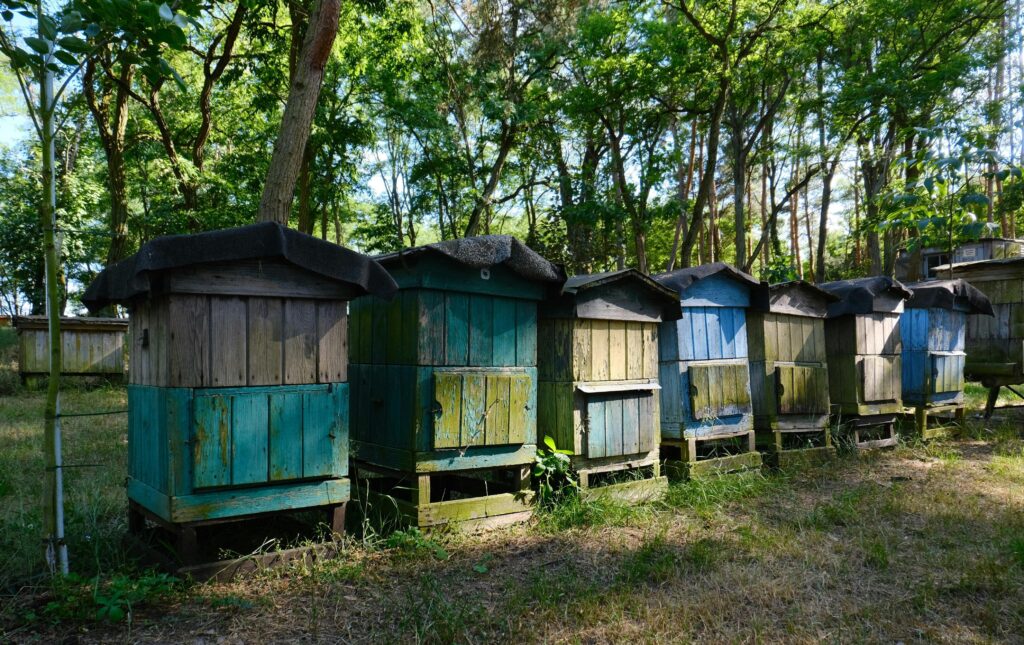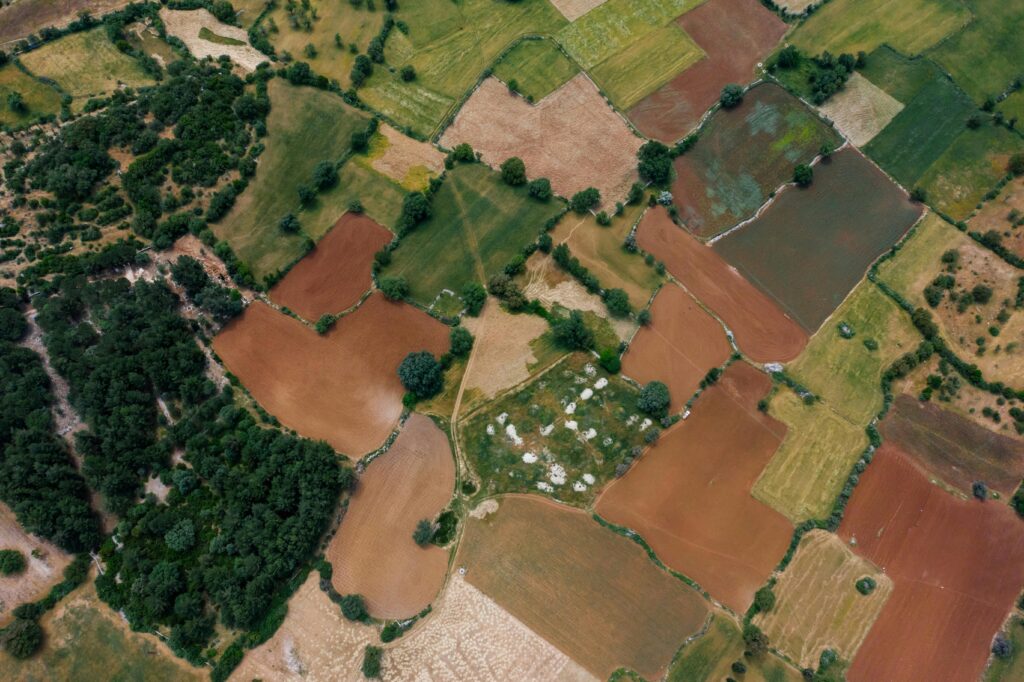Have you ever stood in the skincare aisle, staring at labels that promise “natural” and “organic,” only to realize they’re loaded with synthetic ingredients? Yeah, us too. The truth is, the beauty industry’s buzzwords can feel like a minefield. But what if the key to truly organic skincare lies not just in your bathroom cabinet but in the soil? Welcome to the world of organic farming practices—a game-changer for beauty enthusiasts and environmental advocates alike.
In this post, we’ll explore how organic farming practices elevate both your skin and the planet. You’ll learn why these methods matter, how they translate into healthier skincare products, and actionable tips to incorporate them into your beauty routine. Plus, we’ll dive into some juicy examples and sprinkle in a few laughs along the way. Let’s dig in!
Table of Contents
- Why Organic Farming Practices Actually Matter
- How to Spot Genuine Organic Skincare Products
- 5 Tips for Embracing Organic Beauty
- Real-Life Glow-Ups: Case Studies in Organic Beauty
- Your Burning Questions About Organic Farming Practices, Answered
Key Takeaways
- Organic farming practices boost nutrient-rich produce, which translates to potent skincare ingredients.
- Choosing certified organic products ensures fewer toxins and a lighter environmental footprint.
- DIY skincare using homegrown veggies can be cost-effective (if you don’t kill all your plants).
Why Do Organic Farming Practices Actually Matter?
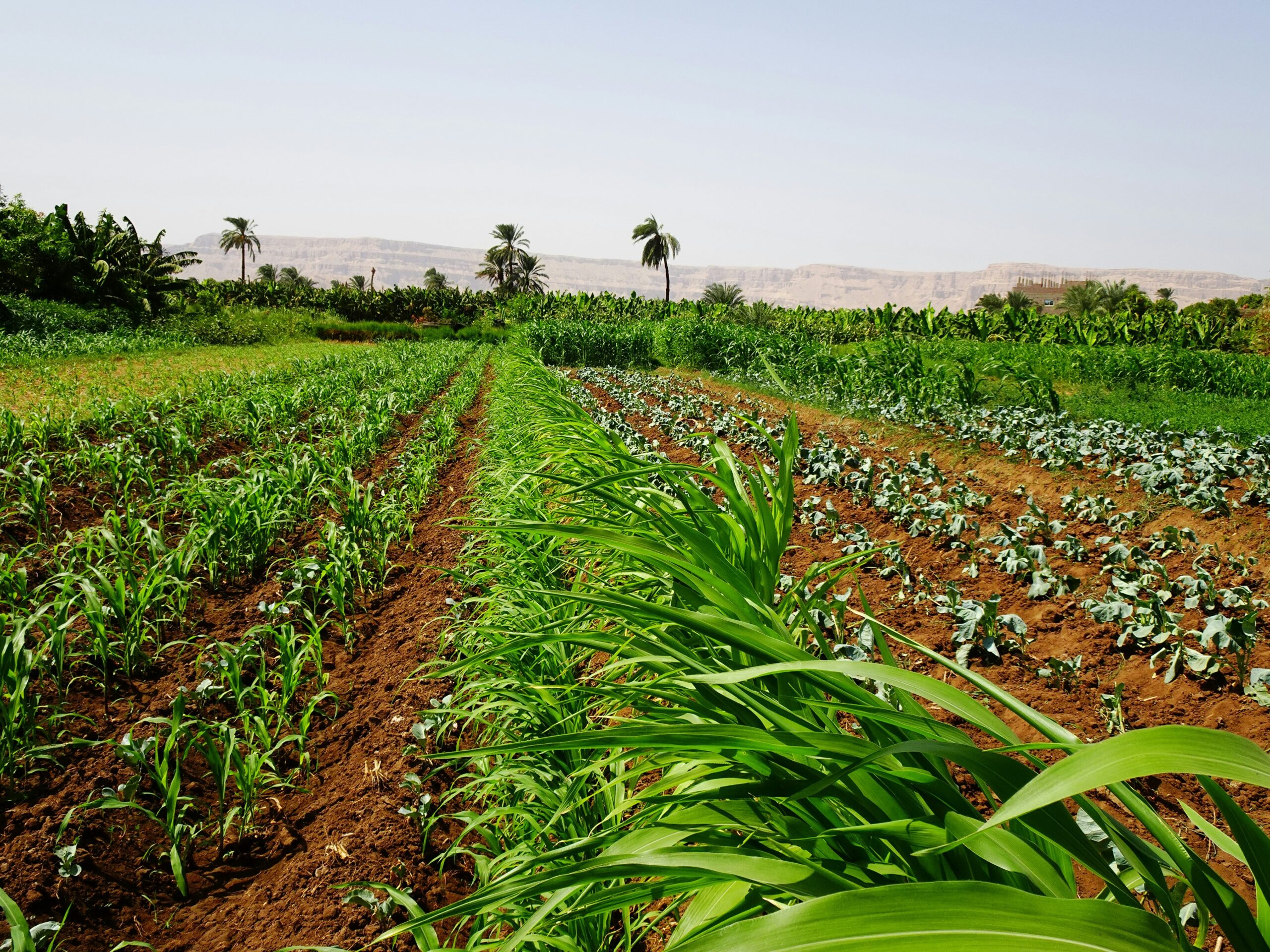
You might think, “It’s just farming—how different can it really be?” Oh, dear reader, buckle up. Unlike conventional farming, organic farming practices banish synthetic pesticides and fertilizers from their playbook. Instead, they focus on nurturing the soil through crop rotation, composting, and natural pest control techniques. The result? Nutrient-dense crops packed with vitamins and antioxidants that our skin loves.
Optimist You: “So basically, Mother Nature’s got my back!”
Grumpy You: “Yeah, unless you buy ‘organic-washed’ crap.”
Here’s the kicker: when you use skincare infused with ingredients grown using organic farming practices, you’re avoiding harmful residues while boosting your skin’s health. It’s like feeding your face kale instead of fast food.
How to Spot Genuine Organic Skincare Products
Shopping for organic skincare feels like trying to decipher hieroglyphics sometimes. So here’s a quick guide:
- Look for Certifications: Trust logos like USDA Organic or Ecocert—they’re legit.
- Check Ingredient Lists: If the first ingredient sounds like something out of Breaking Bad, run.
- Research Brands: Support companies transparent about sourcing practices.
- DIY Options: Grow your own organic cucumber and oatmeal masks. Science = optional.
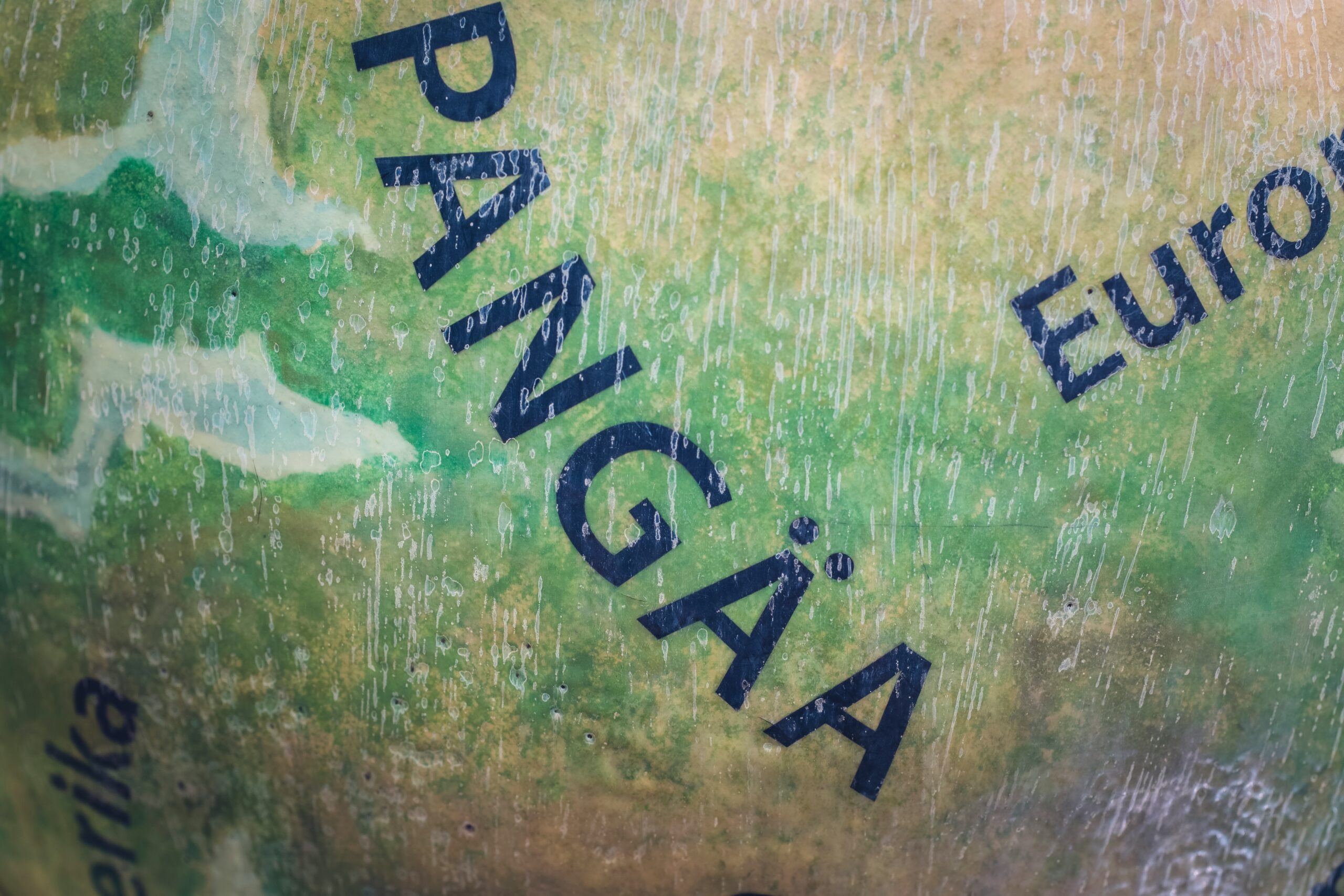
5 Tips for Embracing Organic Beauty
Ready to jump on the organic train? Here are some pro-level strategies:
- Eat Your Greens: What goes inside matters as much as what you slather outside. Load up on leafy greens!
- Grow Your Own: Even apartment dwellers can rock herbs like mint or parsley for DIY facials.
- Read Reviews: Stop relying solely on influencer hype—dive into Reddit threads for real talk.
- Mix & Match: Combine store-bought serums with homemade avocado masks. Cheff’s kiss.
- Don’t Be Fooled by Marketing: Remember when I thought “paraben-free” meant “safe”? Rookie mistake.
Real-Life Glow-Ups: Case Studies in Organic Beauty
The Small Town That Grew Its Glow
Tucked away in Vermont, there’s a community-powered co-op where farmers grow calendula and chamomile exclusively for skincare purposes. Locals swear by its effectiveness—and let me tell you, their glowing faces say it all. Bye, pore drama.
An Influencer’s Journey
Jane Doe (yes, she exists) went viral after switching her entire routine to organic-only products. Her before-and-after photos show smoother texture, fewer breakouts, and seriously envy-inducing radiance.

Your Burning Questions About Organic Farming Practices, Answered
Do organic farming practices really impact climate change?
Absolutely! By reducing chemical runoff and promoting biodiversity, organic farming helps combat pollution and global warming.
Can I grow organic vegetables at home even if I’m terrible at gardening?
Yes, start small. Try growing aloe vera—it basically waters itself.
Is organic skincare worth the price?
If done right, yes! Investing in quality prevents future damage and saves money on treatments later.
Conclusion
From farm fields to your skincare regime, organic farming practices offer a path toward radiant skin and a healthier planet. Sure, navigating the market takes effort, but armed with knowledge, you’ll shine brighter than ever before. Now go forth and glow responsibly!
P.S. Like a Tamagotchi, your commitment to organic habits needs daily care. 🌱
